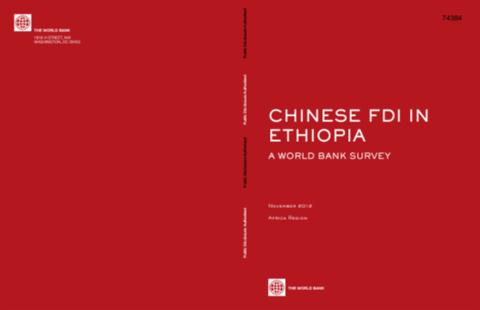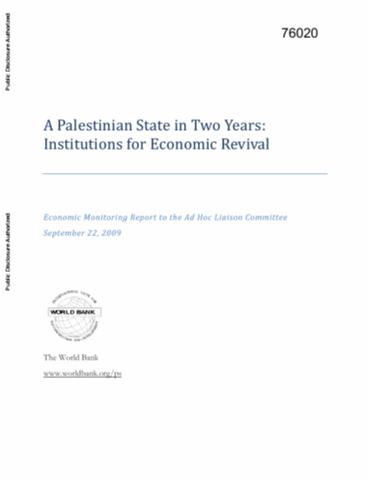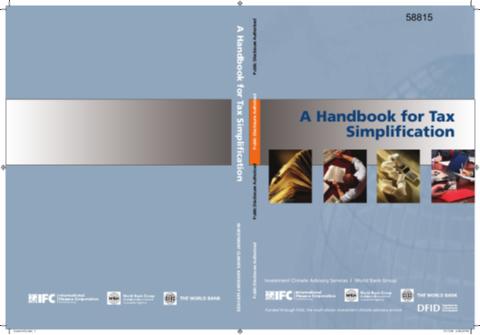Chinese FDI in Ethiopia
Chinese Foreign Direct Investment (FDI) into Africa is on the rise and Ethiopia is at the forefront of this trend. On request of the Government, the World Bank surveyed 69 Chinese enterprises doing business in Ethiopia with a 95-question survey in May/June 2012. The survey covered various aspects of the foreign direct investment climate in Ethiopia, including infrastructure, sales and supplies, land, crime, competition, finance, human resources, and questions about general opportunities and constraints for doing business in Ethiopia.






